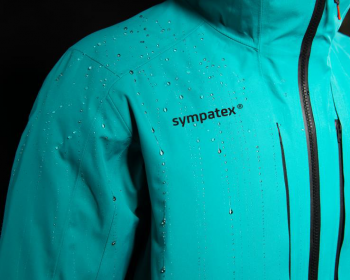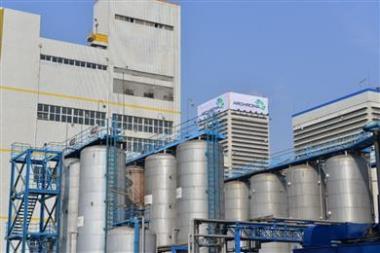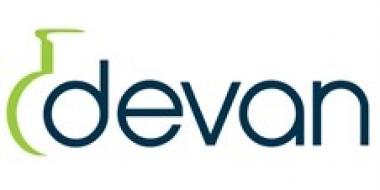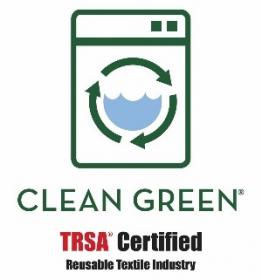Suominen’s HYDRASPUN® Regal receives Fine to Flush certification
Suominen has launched a second nonwoven product, HYDRASPUN® Regal, that has received the Fine to Flush Manufacturer’s Generic Certificate from Water UK. HYDRASPUN® Regal was developed to meet the increasing need for flushable wipes that are dispersible according to the Water UK’s flushability standard.
HYDRASPUN® Regal is made of plastic free and biodegradable raw materials, containing only cellulosic fibers. It also has a low-level carbon footprint due to its high pulp content.
Suominen was one of the first nonwoven substrate manufacturers to receive the Fine to Flush Manufacturer’s Generic Certificate from Water UK. The first certification was granted for HYDRASPUN® Royal in Spring 2020.
Suominen


































